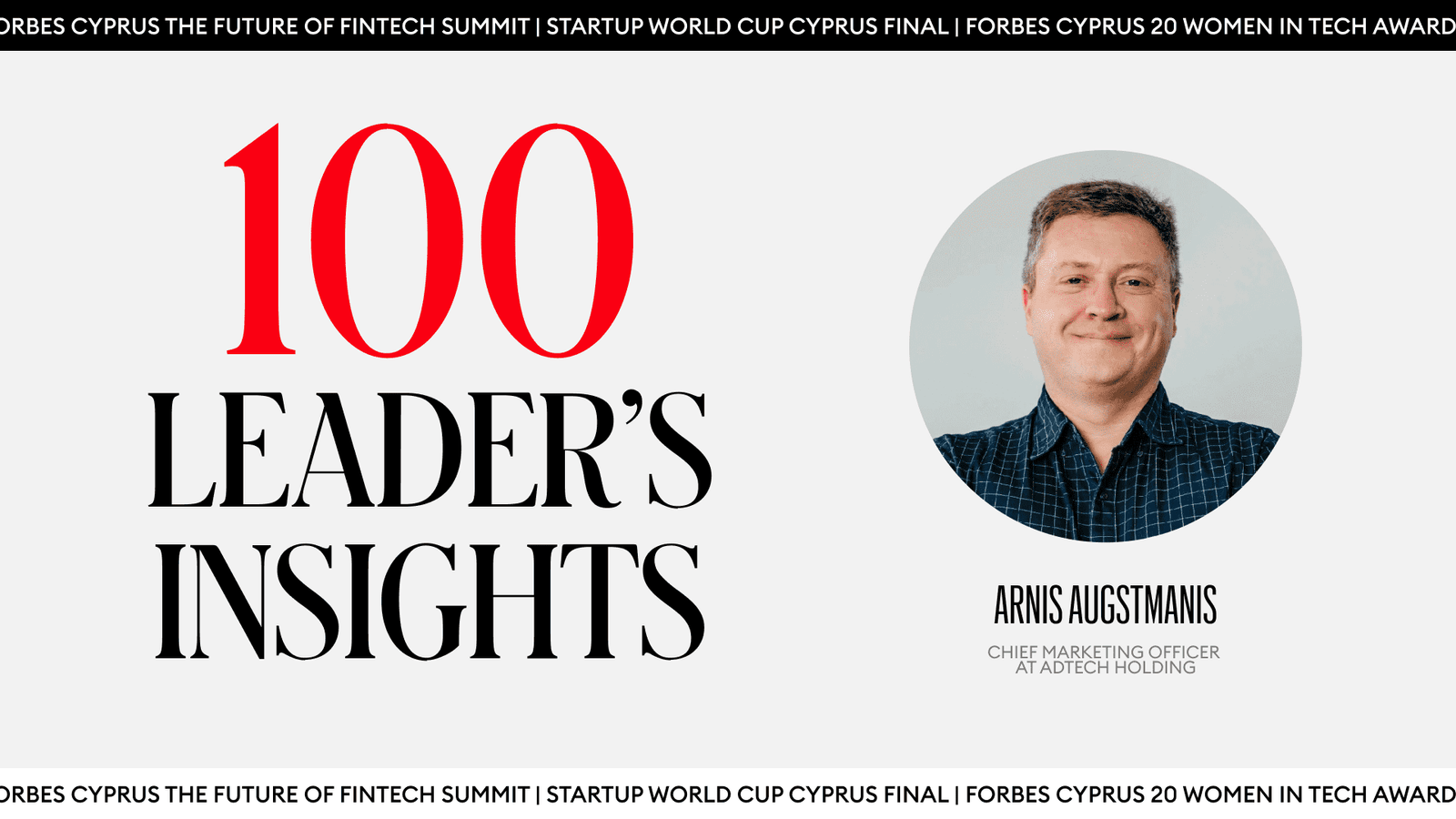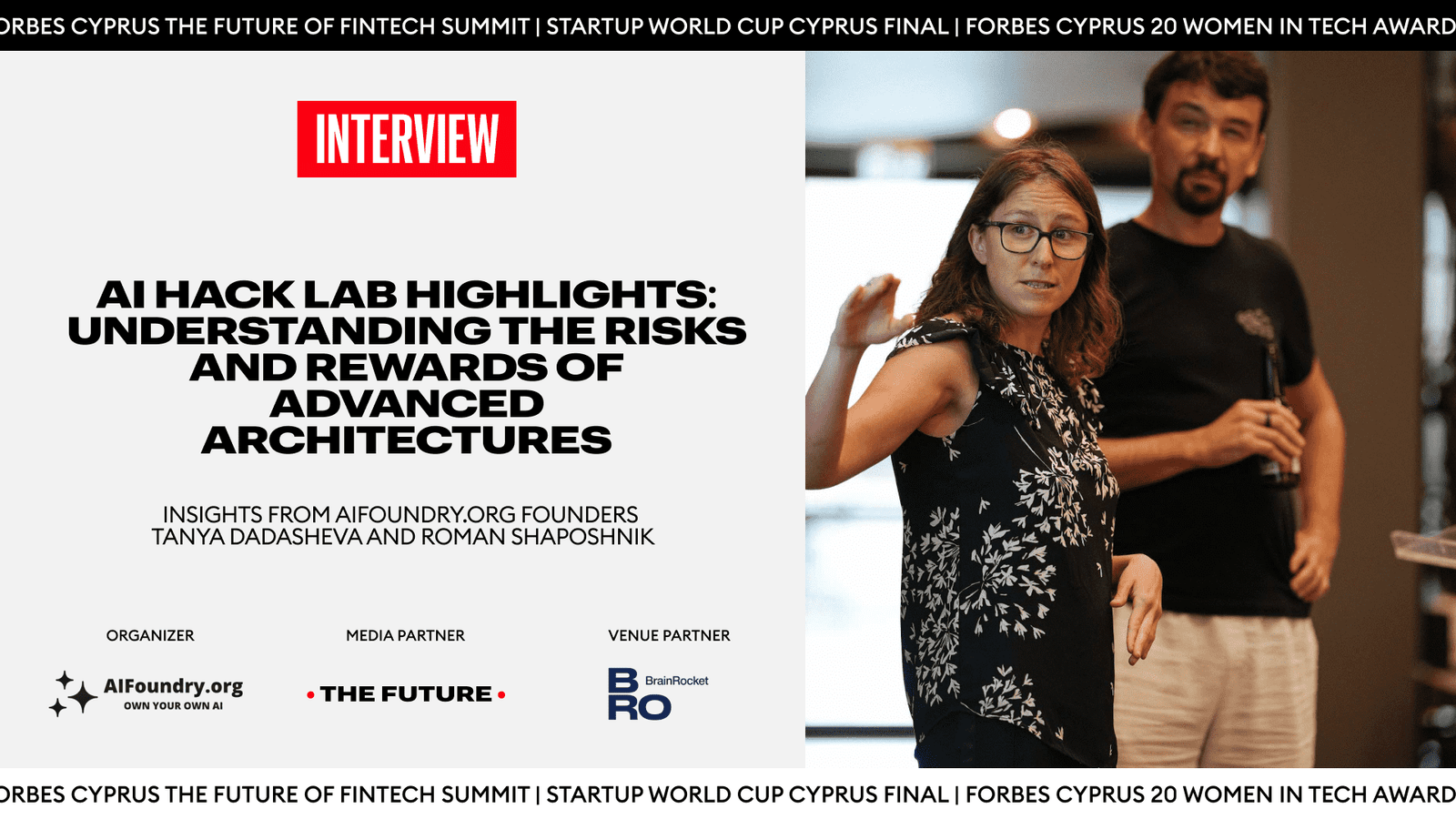Navigating the Shifting Tide: The Dynamics of Neobanks, Traditional Banks, and Profitability in a Transformative Era
The financial landscape is profoundly transforming, marked by the rise of neobanks challenging traditional banking norms. The panel discussion on “The End of Neobank Era – Is Your Digital Bank Profitable?” delved into key insights, shedding light on the evolving dynamics between neobanks and traditional counterparts. Moderated by Georg Hauer, the discussion featured Jeroen de Bel, founder of Fincog, Kirill Lisitsyn, Co-founder & CEO of Torus, and Alejandro J M Repetto, Partner & CTO at INI. This article explores the main takeaways from their insightful conversation.
The Neobank Benchmark:
According to Jeroen de Bel, neobanks have set a benchmark, challenging traditional banks. While not every neobank sustains itself, the overall impact propels the market forward. Kirill Lisitsyn adds that neobanks are compelling traditional banks to embrace digital transformation, blurring the lines between the two categories.
Venture Capital Challenges:
Georg Hauer raises the issue of venture capital’s increasing expense and scarcity and its implications for neobanks and larger digital banks. Kirill Lisitsyn reflects on the initial phase when neobanks enjoyed a surge in inexpensive venture capital, emphasizing monthly active user numbers. However, the landscape has evolved, necessitating a shift towards actual profitability. Alejandro J M Repetto criticizes the “vanity matrix,” highlighting the absurdity of dormant accounts being considered assets. He sees an opportunity for active industry players to generate profits sustainably.
Reality Check for Neobanks:
Jeroen de Bel emphasizes the reality check for neobanks, moving from focusing on customer numbers to profitability and meaningful contributions to customers. The shift towards sustainable business models is viewed as a healthy evolution, distinguishing the strong from the weaker players.
Strategies for Profitability:
The panel acknowledges that a vast majority of neobanks still need to be profitable. Kirill Lisitsyn observes that less than 5% are turning a profit, with many engaging in introductory business. He identifies a need for a comprehensive analysis of transactional profitability among neobanks, presenting an opportunity for detailed optimization. Alejandro J M Repetto suggests that fintech players merging their core business with financial services can find a balance between extracting value and ensuring sustainability.
Profitability Strategies in Neobanking:
Jeroen de Bel discusses the common strategies to move toward profitability. He notes that strategies vary, with arguments against the sustainability of interchange fees in European markets. Lending, especially SME lending, is considered a profitable segment. Subscription-based models are also gaining traction. According to him, the key is to find the right direction based on the market and the specific niche.
Successful Neobanks and Opportunities:
Kirill Lisitsyn cites examples of neobanks that have shown profitability by expanding their product lines. However, such success stories are relatively few. Jeroen de Bel highlights neobanks that impact customers, mentioning Pay Yourself and Transferwise (Wise) as successful examples. He sees exciting developments in super apps, particularly in Asia and Africa.
Future of Neobanks and Emerging Markets:
The discussion addresses the question of whether the era of neobanks is over. Alejandro J M Repetto points to companies with existing ecosystems expanding into banking services, citing Mercado Libre in Latin America. Kirill Lisitsyn sees opportunities in emerging markets, especially in niche areas, while acknowledging tough competition in developed countries. Jeroen de Bel agrees that the neobank wave in North America and Europe may be subsiding but sees ample opportunities in emerging markets.
Challenges Across Countries and Opportunities:
The challenges for neobanks differ across countries, with Jeroen de Bel highlighting the need to build from scratch in some African markets due to the lack of financial infrastructure. Alejandro J M Repetto envisions a distributed model for neobanking services, emphasizing the changing dynamics of centralized banking responsibilities.
Threshold for Neobank Profitability:
Georg Hauer explores the concept of a threshold for neobank profitability, such as the number of users or types of products offered. Kirill Lisitsyn suggests that the threshold varies based on the type of business and may require a certain number of customers, especially for services like Direct Banking or direct connections with Mastercard. Jeroen de Bel echoes the sentiment, emphasizing the importance of the cost to build a bank and the profit per customer, varying across markets and business types. Alejandro J M Repetto agrees, noting the different metrics in developed and developing regions.
Starting a Digital Bank in Small Markets:
The challenges of starting a digital bank in small and regulated markets are discussed. Kirill Lisitsyn emphasizes the need for market research and identifies burst reels as a quick launch option, allowing for an MVP test. Alejandro J M Repetto sees similarities in regulations across countries, making it feasible to start in a small market and scale to larger ones.
Regulatory Engagement:
Jeroen de Bel emphasizes the importance of engaging with regulators, being proactive, and educating them about innovations. In smaller markets, leveraging existing solutions from other markets becomes essential. According to him, the key is to have a conversation with the regulator to make the venture work.
Corporate Involvement in Neobanks:
Hauer initiated the discussion by addressing a noteworthy trend – the establishment of neobanks by young founders and corporations. Alejandro J M Repetto provided a compelling example, highlighting his involvement with a corporate giant, Coca-Cola Company. Coca-Cola’s vision is to become a bank for its six million merchants in Latin America, leveraging its vast network and understanding merchant needs. This approach emphasizes the importance of corporations with extensive ecosystems venturing into financial services.
Challenges of Corporate-Backed Neobanks:
Jeroen de Bel expressed reservations about the success of neobanks backed by corporations, particularly in European markets. He noted that the influence of the corporate culture often slows down the agility and innovation inherent in neobanks. However, success stories, such as Cacao Pay in Asia, showcase that local tech companies can effectively drive neobank services in certain regions.
Profitability Perspectives:
The discussion pivoted towards the profitability of neobanks, with Kirill Lisitsyn addressing common misconceptions. He emphasized the assumption that neobanks should inherently be cost-efficient, whereas some prioritize rapid growth over operational efficiency. Lisitsyn highlighted the untapped potential in transactional analysis, asserting that meticulous analysis could significantly enhance profitability.
Profitability Challenges:
Alejandro J M Repetto acknowledged the challenge in profitability for neobanks utilizing service models. As these models scale, costs may escalate faster than anticipated, posing a hurdle for many financial services providers. The balance between scaling services and maintaining profitability remains a complex issue in the evolving landscape of neobanking.
Balancing Profitability, Risk Management, and Compliance:
The panelists unanimously agreed on balancing profitability, risk management, and regulatory compliance. They emphasized that these elements are interconnected and not choices but essential components of operating in the financial services industry. Kirill Lisitsyn suggested that neobanks could take more calculated risks to differentiate themselves from traditional banks.
Regulation’s Influence on Profitability:
The impact of regulation on profitability was explored, with Jeroen de Bel pointing out that regulations often add to the overall costs, making entry into the market more challenging. Alejandro J M Repetto called for governments to support the industry by revisiting and streamlining outdated regulatory frameworks, making compliance more manageable for neobanks.
The Future of Neobanks:
Jeroen de Bel predicted that not all neobanks would survive, but those that did would emerge stronger. Alejandro J M Repetto envisioned neobanks evolving into industry experts, focusing on specific niches rather than pursuing mass-market dominance. Kirill Lisitsyn foresaw a continued merging of neobanks with traditional banks, resulting in a more efficient and profitable banking industry.
As the financial landscape evolves, neobanks face challenges and opportunities that will shape their trajectory. The panel discussion provided valuable insights into corporate involvement, profitability challenges, regulatory considerations, and the future direction of neobanks. While the era of distinct waves of neobanks may be transitioning, the consensus remains that neobanking is here to stay, continually evolving and influencing the broader financial services industry.





